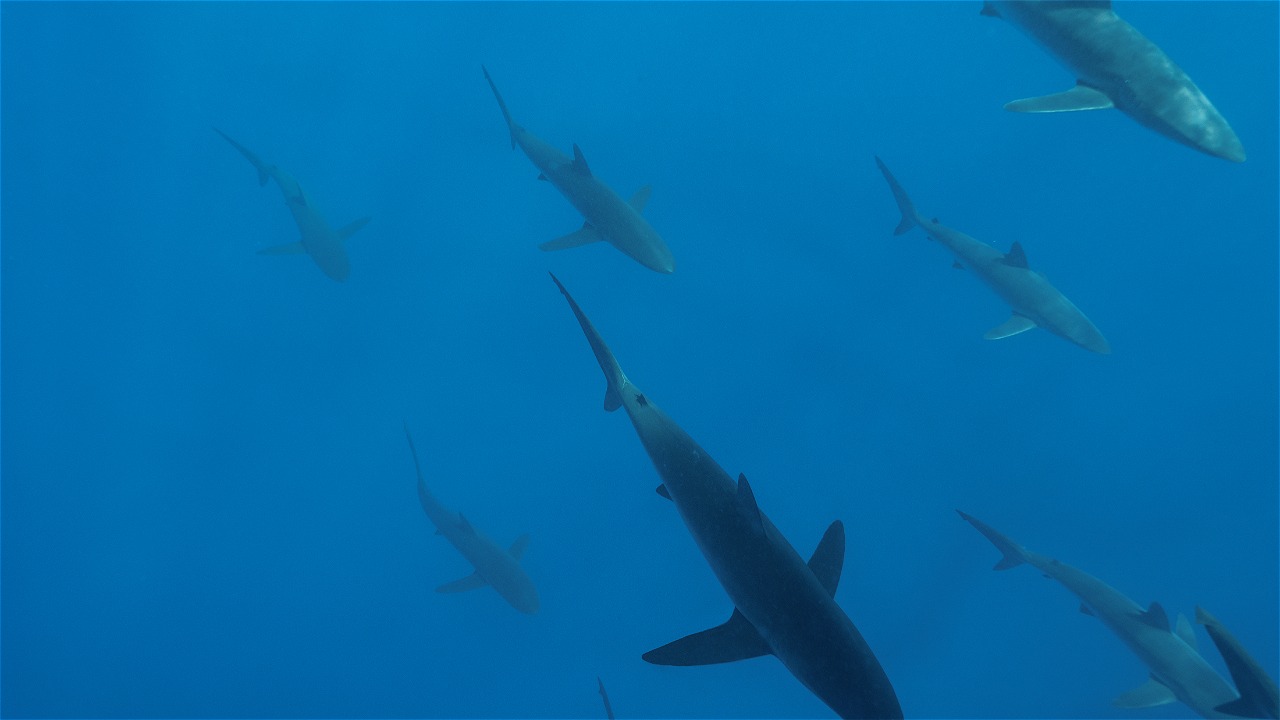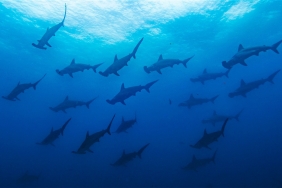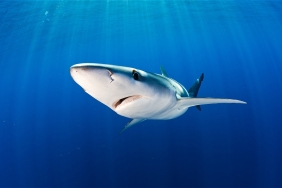SHARKS, A PREDATORY SPECIES THAT NEEDS PROTECTION
By: Natalia Trita Agnika
Sharks are perceived as fierce and scary predators. This "antagonistic" portrayal is shaped in people's minds by scenes in action movies and animations. In reality, this species needs protection. Since September 14, 2014, CITES (Convention on International Trade in Endangered Species of Wild Flora and Fauna / Convention on International Trade in Endangered Animals and Plants) has given more serious protection to five shark species that are now threatened with extinction.
Contrary to their image as fierce predators, the fact is that the threat humans pose to sharks is greater than the threat sharks pose to humans. Sharks are often hunted for their fins alive (shark finning). Cruelly, the finned sharks are "dumped" back into the ocean. Often the finless sharks end up dying a slow death. Ironically, one TRAFFIC report (www.traffic.com) states that Indonesia was the largest shark fishing country in the world during 2000-2010. Indonesia is home to four types of sharks, namely the oceanic whitetip shark and three types of hammerhead sharks (scalloped hammerhead, smooth hammerhead, great hammerhead). These sharks have been commoditized for their fins to be exported abroad.
Sharks play an important role in the marine ecosystem cycle. As top predators, sharks control the population of marine animals in the food chain. A healthy shark population guarantees the abundance of fish for human consumption. Large-scale fishing of sharks disrupts the balance of the food chain in the marine ecosystem and has a negative impact on food security. To draw public attention to the importance of safeguarding shark populations, July 14 is dedicated as "Shark Awareness Day."
WWF-Indonesia has made various efforts related to saving sharks, including urging fishermen not to use steel wire on tuna longline branch lines to reduce shark bycatch in the tuna longline fleet, and advocating for the implementation of the National Plan of Action for sustainable shark management through an ecosystem approach. WWF-Indonesia also launched Save Our Sharks (#SOSharks), a public campaign to stop the culinary promotion, consumption, sale of shark products in restaurants, hotels, retail, online stores, and mass media.
The public has an important contribution to make to shark protection. A concrete step to support the #SOShark campaign is to stop consuming shark fins and other processed shark products. By doing so, producers and sellers are indirectly encouraged to stop selling shark products, and support the mass media to stop promoting shark cuisine.





